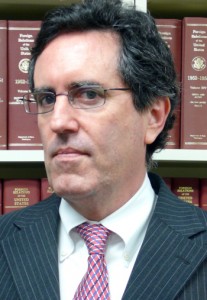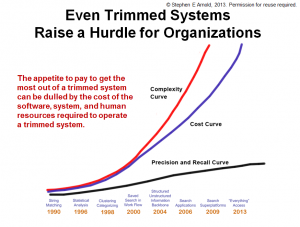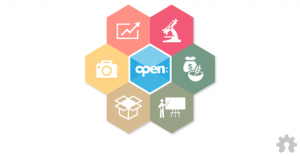
Knok, the fastest growing home exchange community, shows that house swapping is the perfect example of collaborative consumption.
(PRWEB) May 08, 2013
This year has seen the consolidation of the sharing economy and several conferences around this theme confirm it. In April, 150 sharing economy leaders joined author and organizer Lisa Gansky in San Francisco for Let's Mesh. In May, the OuiShareFest in Paris brought together over 500 people from all over Europe, and in June, the sharing economy is Le Web’s theme for its London event.
After the output of these events and the discussions on the future of the sharing economy with practitioners around the world, Knok has created a list of the 7 most relevant reasons why home exchange is a great example of a collaborative consumption business:
Continue reading “Jean Lievens: Home Swaps and Other Sharing Value Networks”







